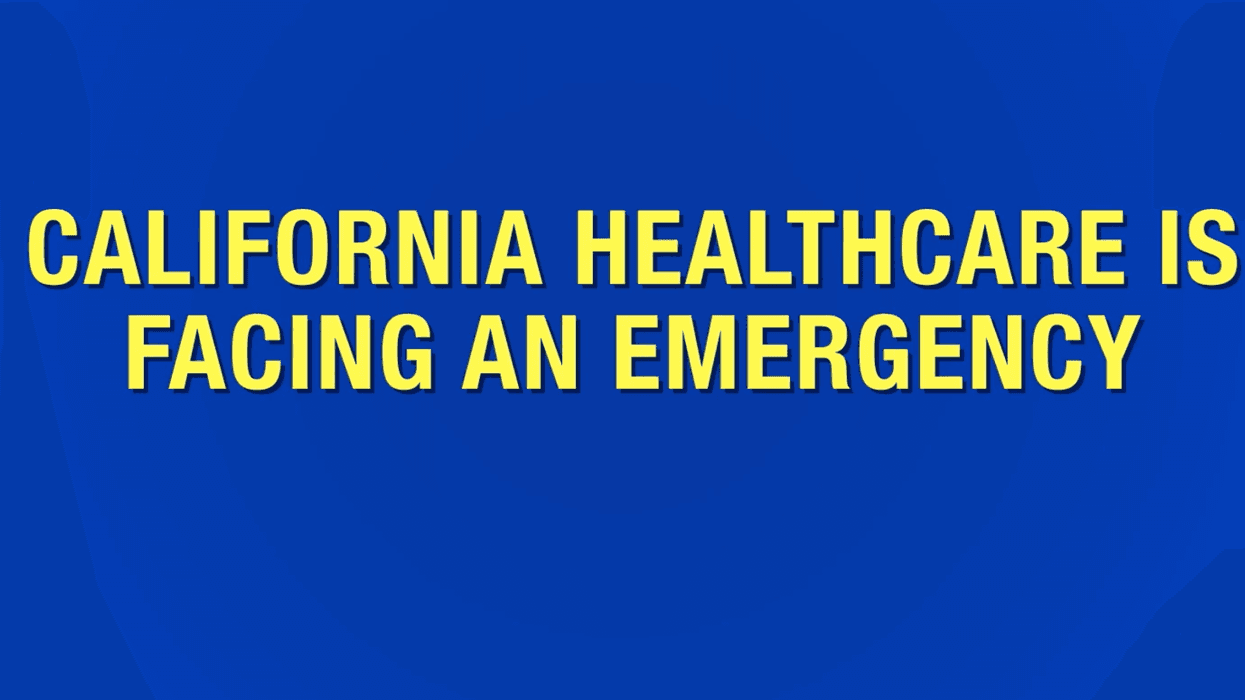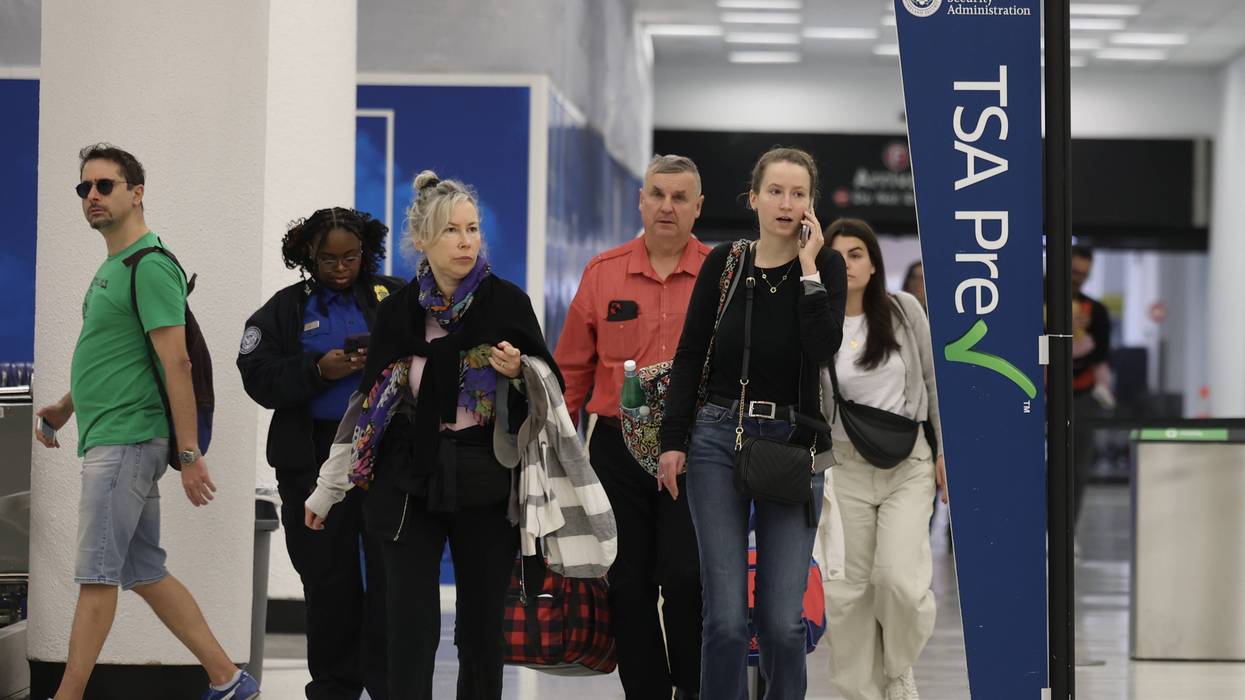Over 150 organizations representing hundreds of thousands of members sent a letter to Gov. Gavin Newsom and the California Air Resources Board (CARB) slamming the agency's proposed 2022 Draft Scoping Plan as wholly inadequate. The groups say the climate blueprint falls far short of the breadth and urgency needed to confront the climate and environmental justice crises. CARB will host a hearing to discuss the plan on June 23. The letter's ambitious but achievable demands include:
- Reach near-zero greenhouse gas emissions by 2035;
- Phase out oil and gas production and transition to 100% clean, renewable electricity by 2030;
- Require all new car sales to be 100% electric vehicles by 2030 and scale up clean public transit;
- Reject industry distractions like carbon capture, hydrogen, dirty bioenergy and carbon trading;
- Prioritize direct emissions reductions that support immediate relief for overburdened communities of color and Indigenous Peoples and abandon carbon offset programs that lead to more pollution.
In its current form, the 2022 Draft Scoping Plan sets a vague and misleading target of 'carbon neutrality' by 2045, allowing the fossil fuel industry to keep polluting and failing to slash emissions at the scale and pace that the climate crisis demands.. The plan relies heavily on carbon trading and offset programs like the Low Carbon Fuel Standard (LCFS), criticized by grassroots and environmental justice organizations for its use of public funds to bankroll emissions-heavy bioenergy projects in low-income communities.
The letter also calls for the plan to prioritize the voices of those historically left out of California's environmental decisions, including communities of color and Indigenous Peoples, whose homes have become sacrifice zones on the frontlines of fossil fuel extraction. By consulting with these communities, rapidly phasing out fossil fuels, and investing in clean, cost-effective energy solutions like solar, wind and battery storage, California can repair the drastic holes in CARB's current plan.
The letter's signatories released the following statements in response to the letter's delivery:
"Indigenous Peoples of California have seen firsthand the desecration of our ancestral lands by the state of California and its extractive and polluting industries. Governor Newsom has an opportunity to change this destructive legacy by revising the 2022 draft Scoping Plan to stop the release of fossil fuel emissions at the source and end carbon neutrality mechanisms that prop up industry scams like carbon capture techno-fixes, carbon trading and offsets, hydrogen and bioenergy. These are not real solutions that will halt the devastation of fires and extreme water shortage," said Thomas Joseph, Hoopa Valley Tribal member and organizer with the Indigenous Environmental Network. "The time is now for the California Air Resources Board to put our communities first; before the polluting corporations. Governor Newsom, end this legacy of genocide against Indigenous Peoples and ecocide against Mother Earth and Father Sky. We need real solutions to end this climate crisis."
"If Governor Newsom is serious about addressing the climate crisis, he and the California Air Resources Board must stop kicking the can down the road and stop entertaining fossil fuel industry schemes like carbon capture and hydrogen," said Mark Schlosberg, Acting California Director of Food & Watch Watch. "California and the world are waiting for his leadership in moving us back from the climate cliff. This means setting aggressive goals for electrification of transit and buildings, stopping new fossil fuel drilling and infrastructure, and replacing dirty fuels with truly renewable energy by 2030."
"Californians getting scorched by heat waves in June can't wait for vague climate promises about 2045," said Maya Golden-Krasner, deputy director of the Center for Biological Diversity's Climate Law Institute. "Gov. Newsom needs to send CARB back to the drawing board for a blueprint that locks in climate protection, not decades of fossil fuel pollution. We have the technology to protect people and the planet. What we need now is the political will to make a clean, climate-safe California a reality."





